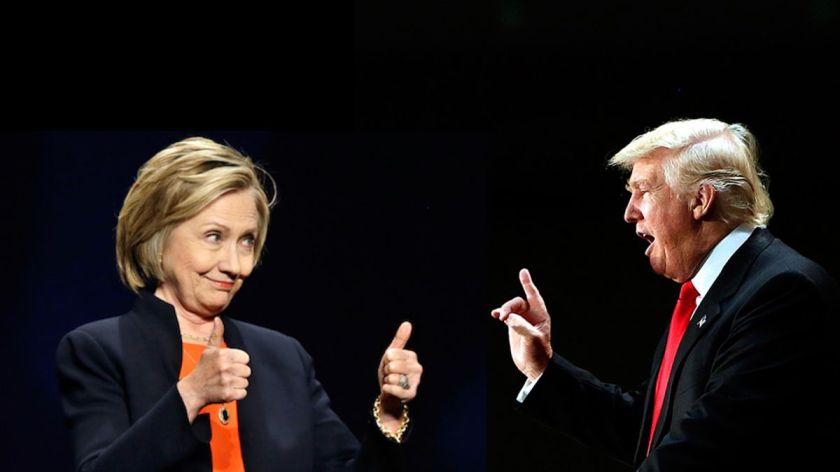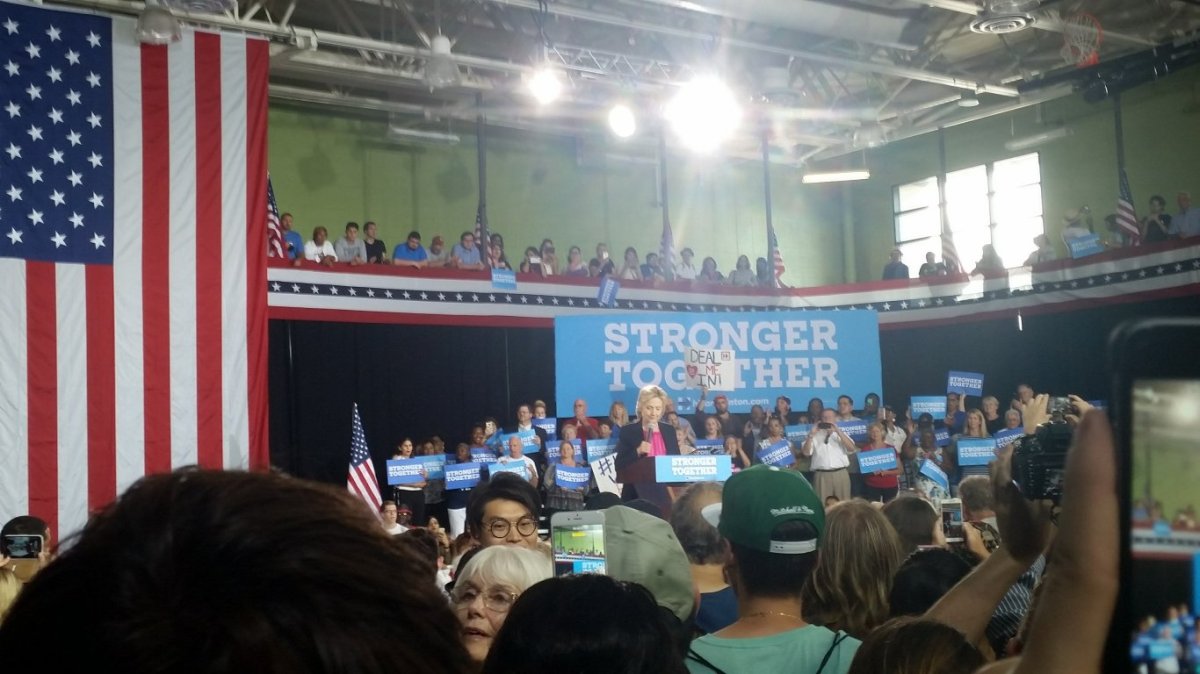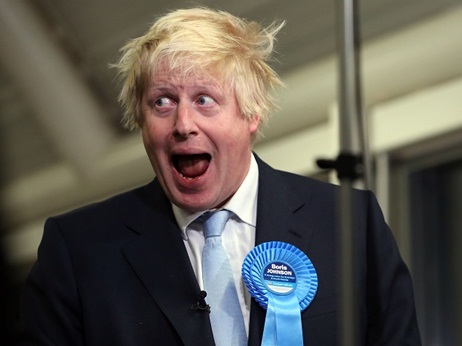“Yes Rachel I have an eight, headache”
Constitutional politics just got even sexier! Actually, let me scale that back a touch. It’s still hardly Café Risqué, but to a politics badger it’s the stuff that wet dreams are made of – that should give you a pretty good insight into the deformed mind of a politics badger. It also serves to keep my Bachelors degree relevant, so bravo for that.
On the 18th April Theresa May said “stuff you”, albeit with more class, to the Fixed Terms Parliament Act brought in under David Cameron. Whilst the Act was hardly an engrained facet of British politics, it nonetheless remained a part of the uncodified British constitution. Let’s take a moment to appreciate such a system. If anywhere else in the world, a leader declared their intention to depart from legislation enshrining the regularity with which democratic elections took place, there would be international uproar. It’s a testament to Britain that we are able to do this and is a subtle jab to our American comrades who still rely on a 250-year-old piece of paper.
Behind the guise of constitutional change, this is hardly the biggest shock. Victory in 2017 would hand the Conservatives a mandate until 2022, giving them a chance to get close to the 13 years in power that Labour enjoyed under Blair and Brown between 1997-2010. Crucially, victory this year would allow them 3 extra years after the deadline for Brexit to make their plans work, removing the largest of elephants from the Brexit negotiating room.
The timing of this was crucial, the initial outlook would suggest that the Conservatives stand to reap their largest majority since the Thatcher years. For the opposition, this move will see election strategies hastily brought forward and for Labour, this brings the Corbyn question right where they didn’t want it…in public. Even I, a humble student, can see that it would be preferable for an election to be held once Jeremy Corbyn became more than a meme to most internet dwellers. A decimation of Labour is on the cards. Whilst for the Lib Dems their biggest weapon, time, has been cut. The longer Brexit rambled on for, the more discontented would likely rally to their cause. With time now viciously cut short, they now have 2 months to exploit their anti-Brexit target audience. They’re also 3 years closer to the memories of the Clegg years than they would have hoped for.
On the face of it this move was genius. A kind of ‘out with the old, in with the f*ck you’.
Kudos to the Prime Minister for doing it. It’s a very bold political move and one which happens less than one would imagine. The last time a PM had to opportunity to call a snap election to secure their power was Gordon Brown shortly after he succeeded Tony Blair, he bottled it. And Labour lost the 2010 election.
However, there is a clear and present danger here. This is likely to become a Brexit 2.0 referendum. Don’t be fooled however, this is no ‘diet’ or ‘lite’ referendum, this is a full fat opportunity to make your voice heard. Unlike the referendum last year every advocate or opponent will be mandated to carry out their preference. Whereas before the issue was between squabbling individuals, it’s become party politics.
To me, the Brexit policies nowadays are very much comparable to cheese. You have the Labour plan, which is alarmingly similar to some feta. It’s crumbly, inconsistent and likely to be a big hit with the Greeks who’d like us to stick around and help fund a bailout. The UKIP plan is like a nice Caerphilly, hard in its conviction but likely to collapse under pressure…also surprisingly popular around Wales. The Tory conviction for Brexit is akin to a sharp cheddar, terrifyingly English with a significant backing of farmers. As for the Lib Dems…their plan is best visualised in the form of the Cheese Shop in the Monty Python sketch. Shortly, there’s nothing there. If an opposition to Brexit defines your vote this year then you must vote Liberal Democrat, it is that simple.
But a message for everyone for the election. Brexit is important and the sole reason behind this move. However, it isn’t a referendum. That means every other issue you can think of is up for grabs. That includes a Conservative education plan which has seen academies rise and fall as the solution to education. As a well as an incoherent policy which has changed the layout of GCSE’s with students now receiving ill-thought out number grades rather than letters. That includes: student fees which stand poised to financially cripple a generation, the never-ending question of the NHS, Scottish Independence, environmental policies which stand to once again be overlooked as we play politics over the planet.
The events of the last year alone serve as evidence as to why voting is important. By not voting you lose any right to complain about the system in which you live.
Predictions? I’ll level with you here, if my thoughts had been right over the last year then we’d be saying ‘Madame President’ and this election wouldn’t be happening. But what the hell right.
I worry for Caroline Lucas’ seat. Although she has the experience of twice winning her seat I fear the ‘brexification’ of the election may undermine her efforts.
I predict that the most Nigel of Farages will once again pop-up into the electoral proceedings. Will UKIP do well? No. There is no reason for them to do so. The problem is with a single-party is that you become irrelevant once that issue has been addressed. UKIP have also been plagued with in-fighting. Will they get lots of votes? Of course, but the First Past the Post System counts for little in that respect. Expect a swathe of second and third place finishes.
This is the opportunity for redemption the Liberal Democrats have been waiting for. It’s just come up rather quickly. Have people forgotten Nick Clegg and the tuition fee promise? I’m expecting a revival as anti-Brexiteers flock to their calling. A return to third place in the party tables.
At least in England that is. The Scottish votes will tell the tale of the sub-story to this election. An SNP majority in Scotland will deliver the mandate for independence that Nicola Sturgeon seeks. Anything less than that and the PM will have the mandate to hold back powers for independence referendum indefinitely.
Will the grassroots support of Jeremy Corbyn, which saw him remain leader of Labour, emerge to fight his cause? The Polls tell a different tale.
I’ll predict a blue victory but because of that don’t be surprised to see an FUKP landslide under Al Murray. See you in June.
18/04/2017
Rob Randall










